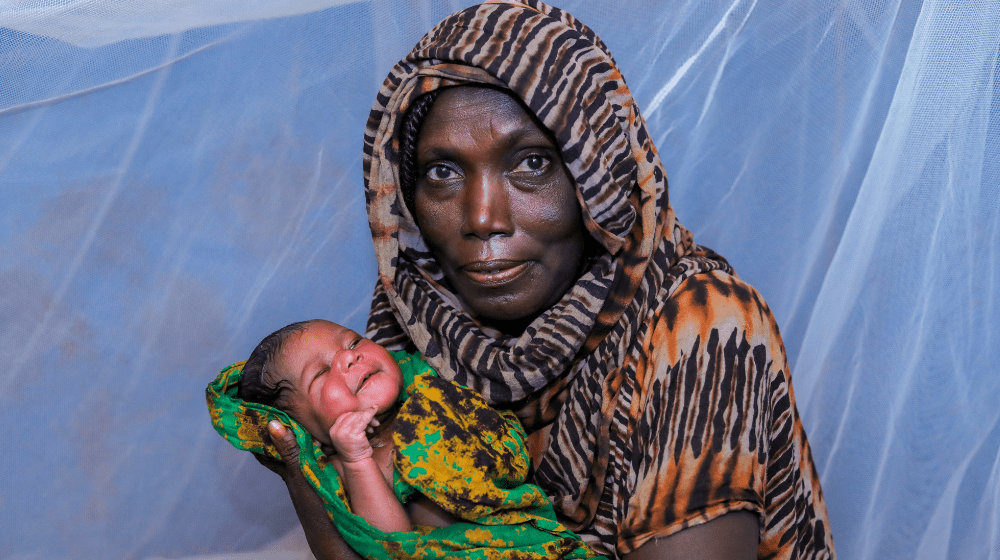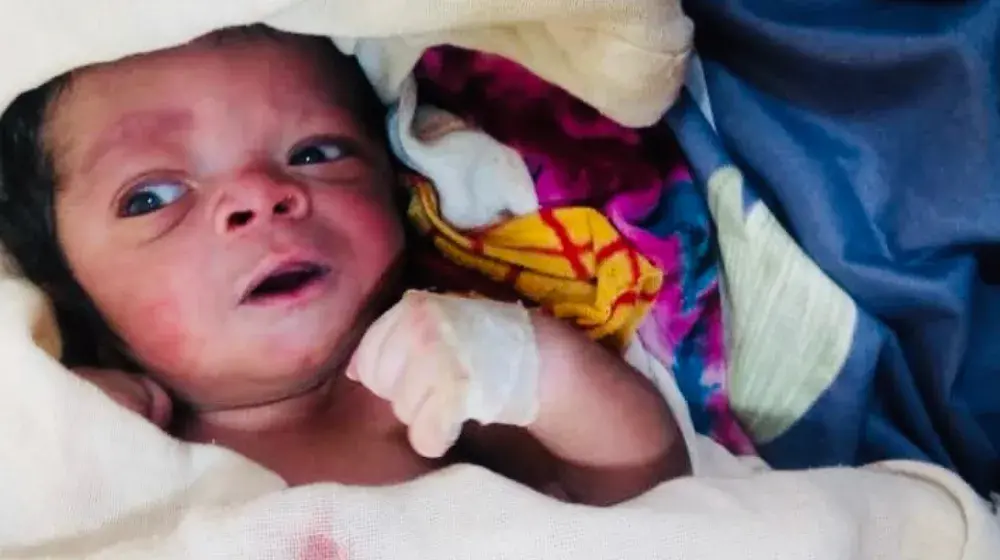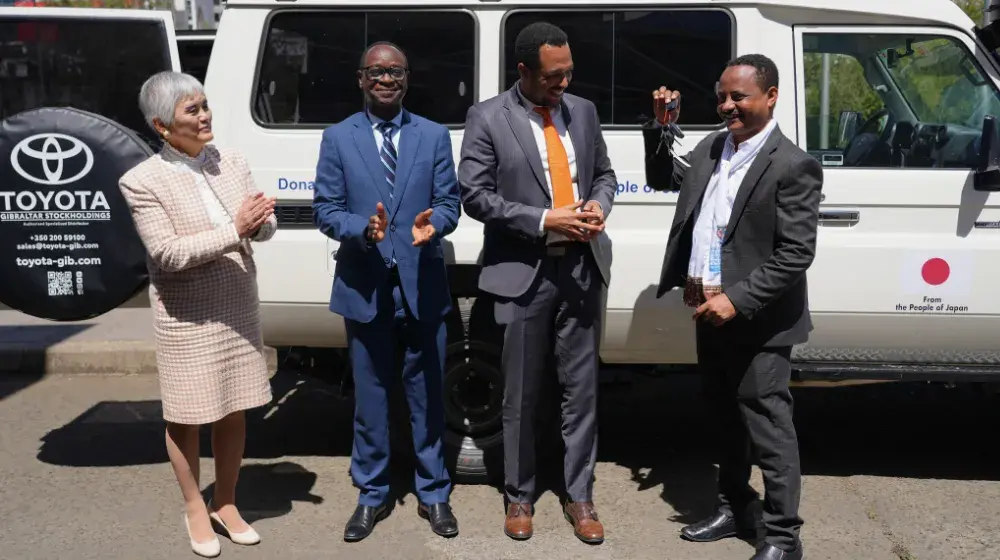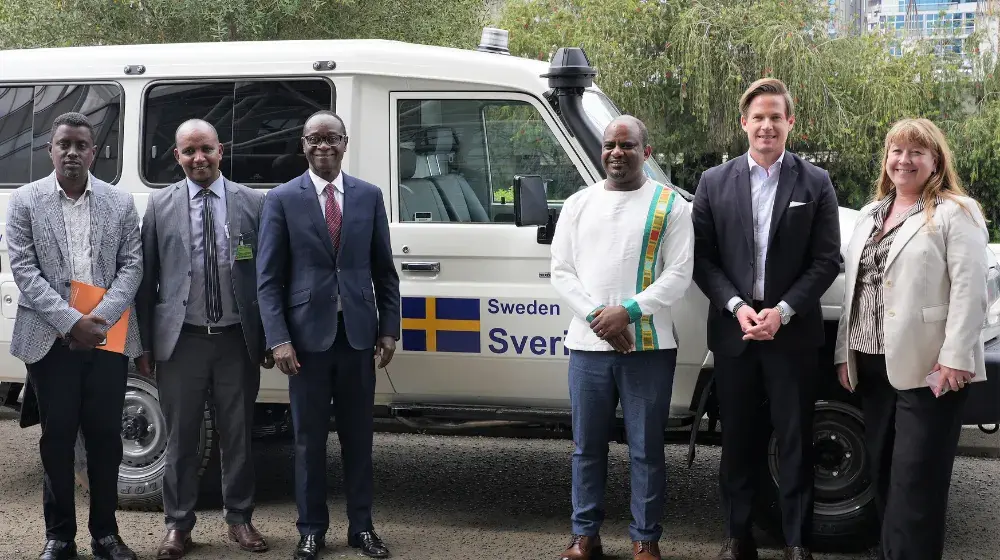In 2020, Assia Jubako, a mother of nine from the Afar region, faced one of the most challenging times of her life. Married at 19 in an arranged marriage and a mother of nine at 40, Assia believed life had thrown every imaginable challenge at her. "It was already hard enough for me and my husband to raise kids. We were struggling," she said.
However, the family soon found themselves in the middle of the northern conflict. The conflict expanded from the Tigray region to the neighboring Amhara and Afar regions, affecting more than 20 million people, nearly three-quarters of whom were women and children. The conflict displaced 5.5 million people.
Assia's village was in immediate danger, forcing her to flee with her nine children, one of whom she had given birth to just a few weeks earlier. "I had a baby, and within a month, we had to leave our home to find safety. The Waki IDP camp was 50 kilometers away, and I was concerned that my newborn and I wouldn't make it. I wasn't strong enough to make the trip. However, I was determined to encourage the older kids to make the trip," she said. Carrying what they could, the family began their journey in 45-degree weather. The journey took days and was grueling for Assia. Despite her exhaustion, she kept going, driven by her determination to reach the IDP camp safely with her family. "I think being a mother was what gave me the power to keep pushing. I knew if I didn't make it, my kids might not," she said.
Upon reaching the IDP camp, Assia was exhausted and in need of immediate medical assistance. Fortunately, a UNFPA-supported mobile clinic with deployed midwives at the camp was ready to provide the support she needed. "They saved my life," she said. The clinic also provided Assia with sexual and reproductive health services and information, which she desperately needed. "They advised on how I could use contraceptives so that I could regain my strength and health," she said.
Assia and her family stayed at the camp for a year. When the conflict settled in their village, they returned home to rebuild their lives. Assia continued to work hard to care for her family and encouraged her children to go to school. She dreams of providing educational opportunities for her children and protecting her daughters from early marriage and other harmful practices.





